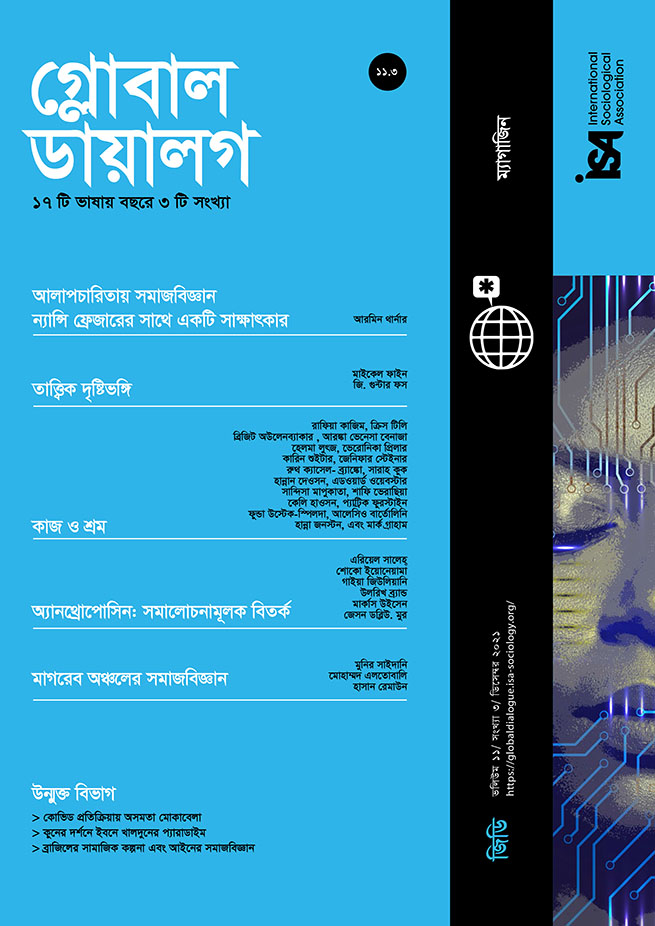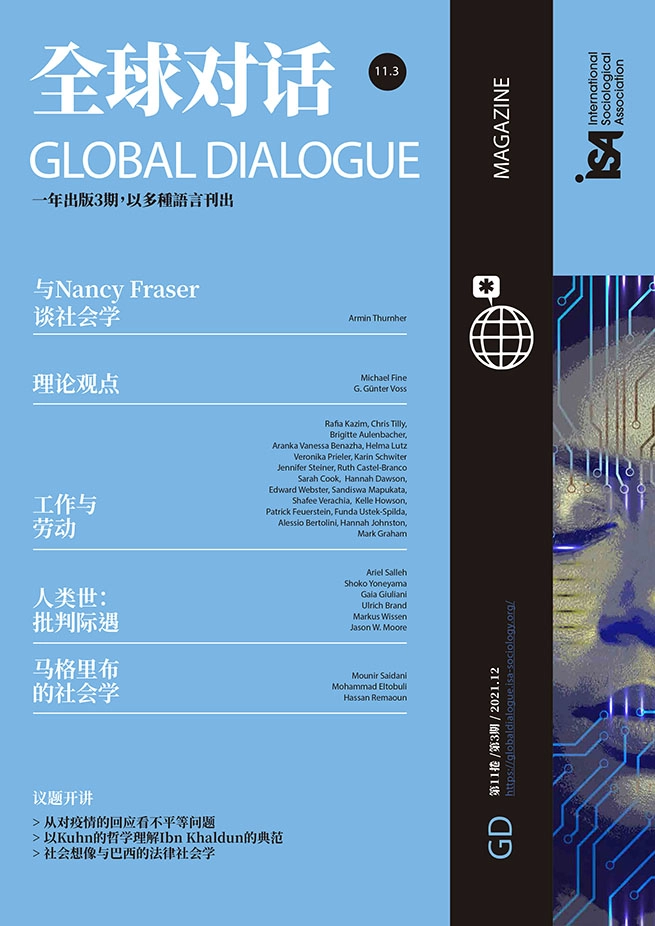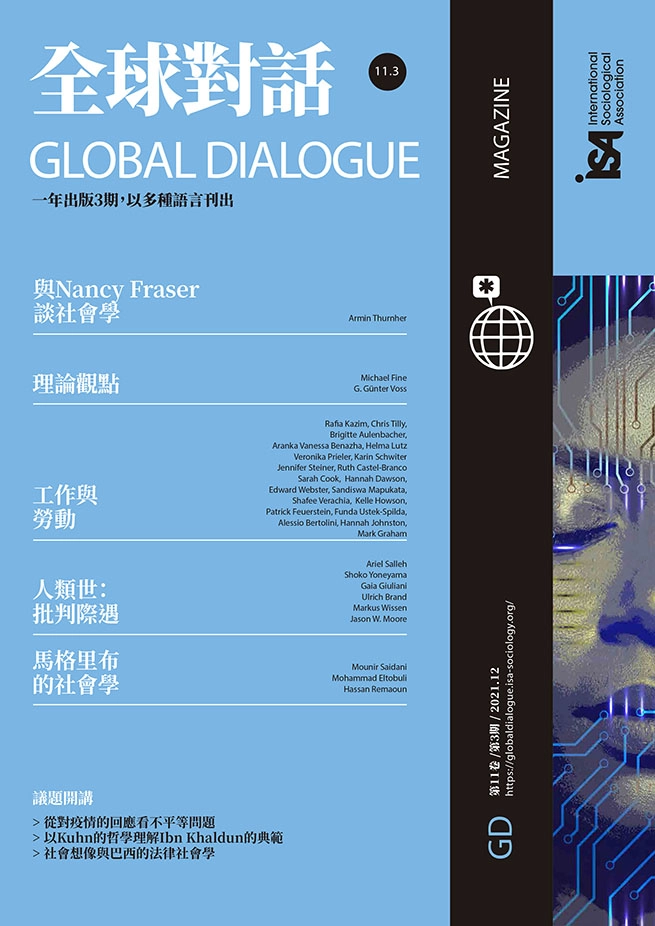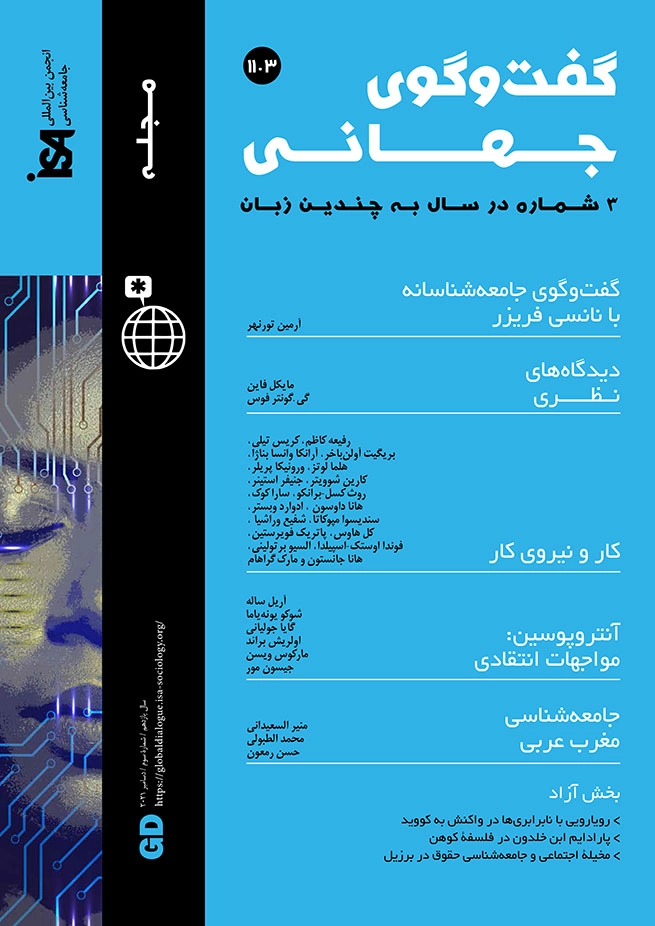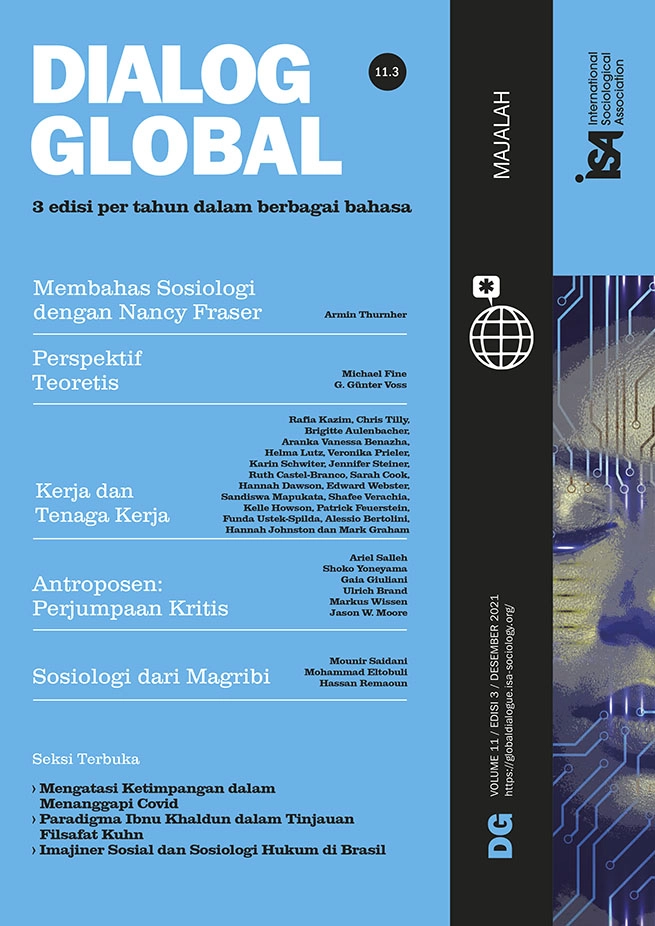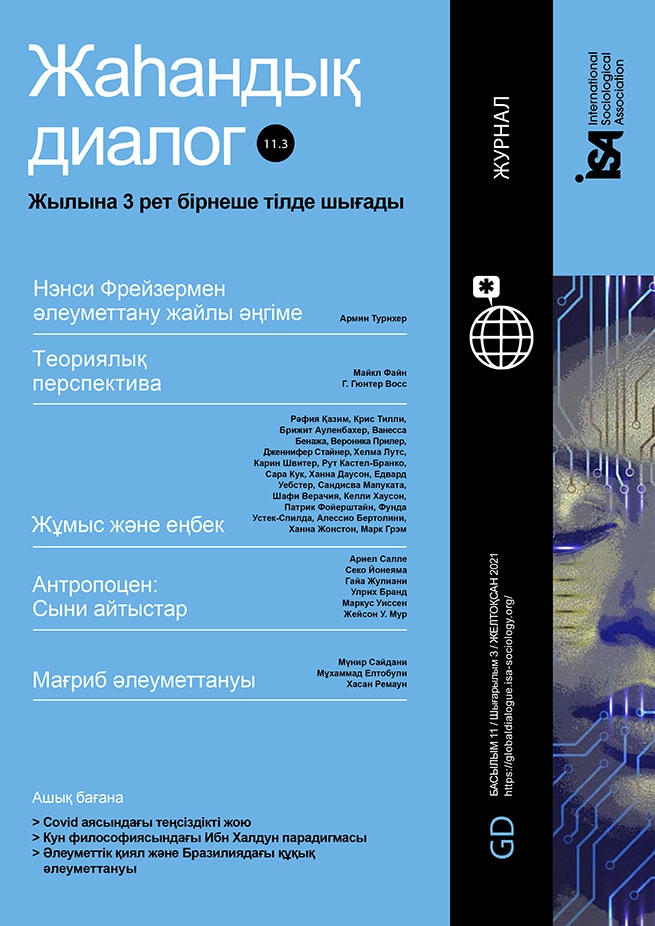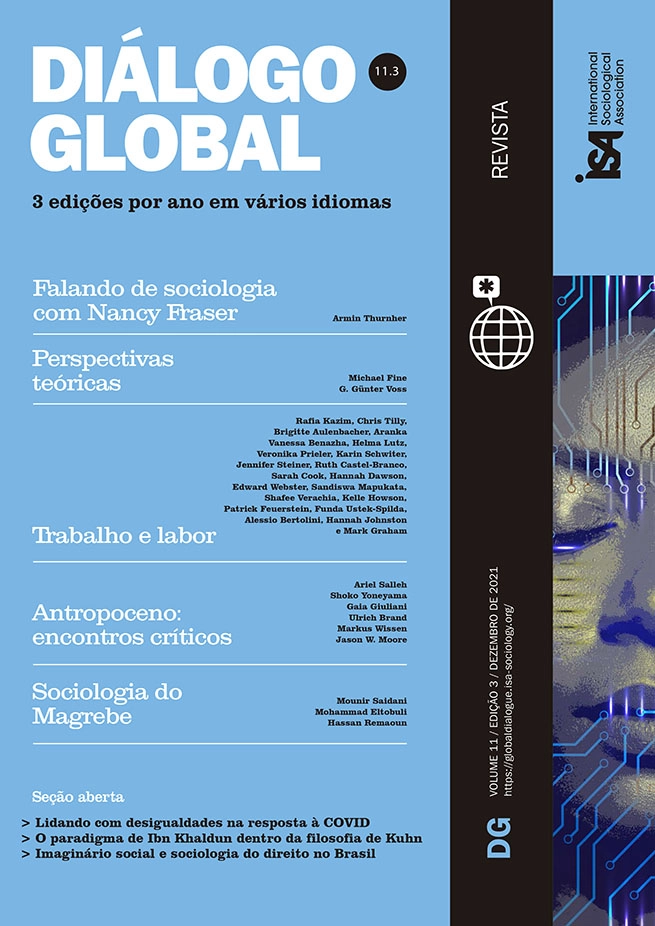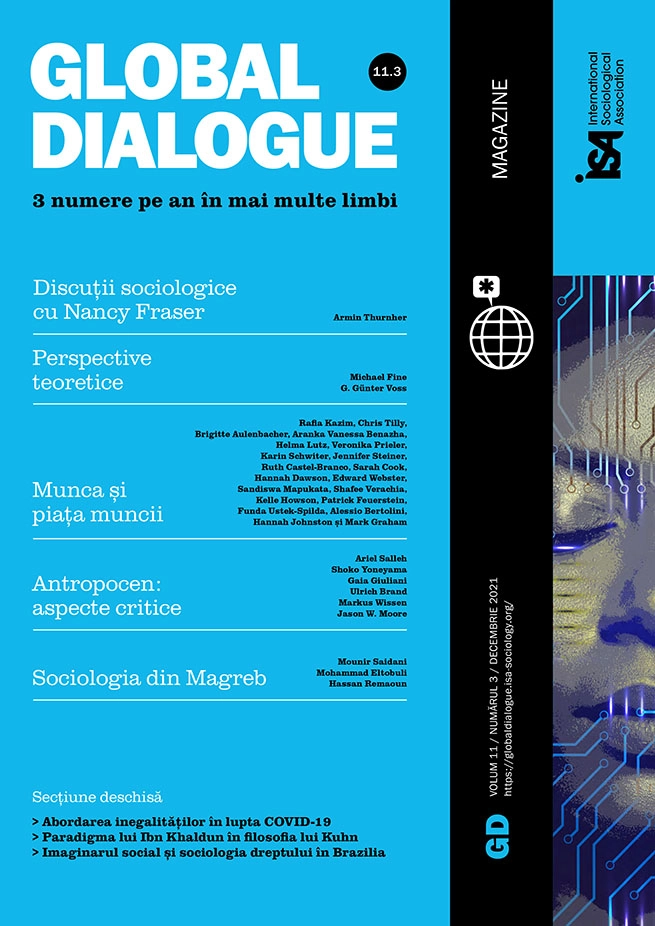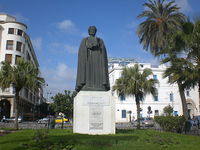Social Imaginary and the Sociology of Law in Brazil
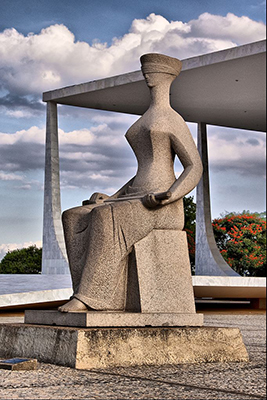
November 05, 2021
The concept of the imaginary is becoming increasingly central for understanding the way the law works in contemporary Brazil. It is a crucial concept to analyze how the interaction between the social system of Brazilian law and the other aspects of social dynamics and national politics (the object of sociology of law) affects the concretization of values and aspirations that are central to modern life, such as: (1) a democratic political life, subordinated to the active involvement of citizens through their representatives instead of an oligarchical rule; (2) an economically autonomous and efficient national development; (3) a social life based on individual liberties, in which the effective functioning of the state happens within the limits of its citizens’ fundamental rights.
Imaginary, here, should be understood as the worldview encompassed in the subject’s representations and practices, insofar as these are mobilized as a common reference for collective dynamics and the functioning of institutions, in what Cornelius Castoriadis called the “social imaginary.” In this sense, the concept of the imaginary stands not so far from the concept of ideology, as long as one doesn’t understand ideology merely as a “false consciousness” (as a wrongful representation of reality), but as something that provides the coordinates of meaning for our concrete actions. Furthermore, we’re mobilizing this concept to draw attention to the fact that worldviews are always deeply linked to aspects that are not immediately logical (i.e. that cannot be reduced to mere rationality). That is, the social imaginary operates, to a great extent, in between the lines, evoking implicit emotions and meanings.
The abstract character of modern law
The abstract character of modern law is the main reason why the sociology of law should consider incorporating the concept of the imaginary. Modern law is anchored in the institution of citizenship that defines each individual as equal and free, as an autonomous subject and bearer of fundamental rights. It presupposes a highly abstract subject of rights: what defines a citizen is the fact that he/she is free and holds the same inalienable rights as every other citizen. The aspects of reality and of the concrete life of the individuals beyond that abstract equality are, therefore, renounced by the law as part of the dimension of private life and not as an object of rights. Thus, for something to become part of modern law and the modern legal order, it must be defined based on this abstract form (so that even specific rights and the so-called minority rights need to be elaborated as an expression of the citizens’ fundamental freedom and equality).
Even though the normative foundation of this abstract and “universal” legal framework vetoes any arbitrary and particularistic enforcement (since the modern law is not the expression of the will and interpretation of its jurists and lawyers), this same legal framework compels its operators to transform abstract codes into concrete decisions about concrete issues. So, the decisive aspect here is not that the legal system is subordinated to politics or the interests of particular actors (although that occurs), but that in the passage from the abstract law to the concrete decision the imaginary imposes itself by providing the coordinates that the abstract law cannot offer.
Anchoring law in the social imaginary
On the other hand, the introduction of the notion of the (abstract) citizen in the legal paradigm of modern law is also marked by the production of a space of non-citizenship. Paradoxically, the transition from the absolutist sovereign authority to the notion of popular sovereignty, while redistributing the political content of the absolutist sovereign to the “citizens,” also leaves a part of the social body devoid of political authority. If this gap is not explicitly consolidated within the positive legal order, it is, nonetheless, present in everyday social life. Its contradictions are often imposed on the operators of the law.
Walter Benjamin was one of the first to notice this and to develop an interpretation that seeks the interconnections between law and the imaginary (under various manifestations). According to this interpretation, the institution of law would be constitutively split between its social externality (terrain of the abstract law) and the irrational violence of the law’s founding arbitrariness. This law is simultaneously (and synchronously) an enunciation of a “reasonable” content and an arbitrary “irrational” injunction. As the narrative of the constitutive moment of the law is always built a posteriori, this split element is hidden retroactively by dogmatic interpretations of law, by what the jurist Pierre Legendre calls “dogmatic order.”
In this way, a door of investigation for the sociology of law opens, one that considers the internalized social imaginary that provides an elaboration (a worldview) around this split legal order of modernity – what we can call imaginary anchoring. Through this path, one can explore forms of subjectivity marked by national historical formations, which are (re)produced in the dynamics of legal training and the social relations that the practice of law entails, and which establish an internal order in the system of law.
It is not by chance that Brazilian law handles the (il)legalities of the popular and dominant classes in a highly selective manner, in broad daylight, without any constraint. The imaginary order acts to replace the inherently contradictory, conflicting, and fragmentary part of the law (between modern abstract law and its arbitrary and violent superegoic substratum) that sustains, in law, this behavior and gives it its legitimacy. What authorizes and legitimizes a judicial decision to establish that, “because of their race,” an individual is linked to a criminal group? What legitimizes, even if only between the lines of the legal discourse, the often illegal police actions in Brazilian favelas, against the black and poor population? Or the casuistic decisionism that daily prints the pages of newspapers? An interdisciplinary theoretical-methodological engagement is essential to understand the complexities and contradictions of Brazilian law. This would require combining not only the lessons of more traditional sociology of law but philosophy, psychoanalysis, and history, without which one cannot properly see the centrality of the notion of the imaginary in the field of law.
Francisco Bedê, IESP-UERJ, Brazil <franciscojuliaomb@gmail.com>
Gabriel S. Cerqueira, Universidade Federal Fluminense, Brazil <gabrielscerqueira@gmail.com>


